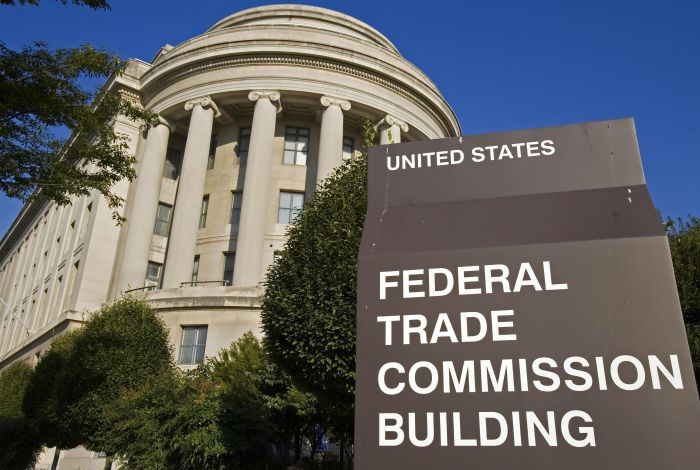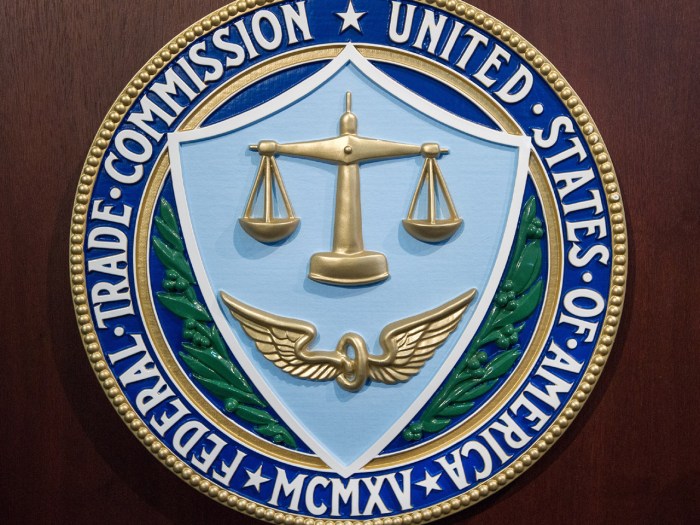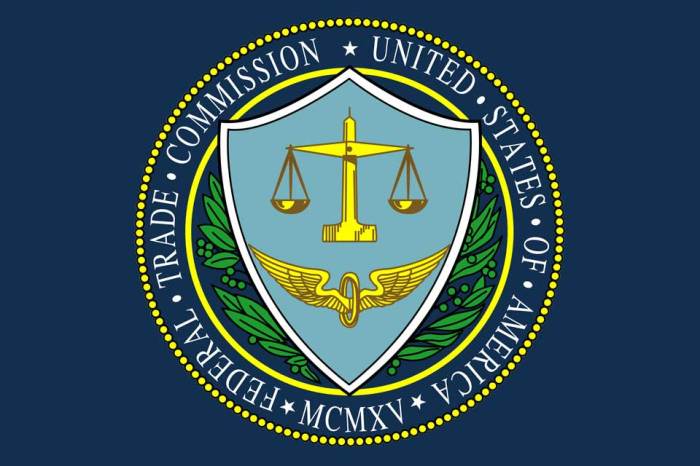The federal trade commission actively monitors online advertising – The Federal Trade Commission (FTC) actively monitors online advertising to ensure fair and transparent practices. Its role in regulating digital marketing has significantly impacted the industry, protecting consumers from deceptive and unfair tactics.
The FTC employs sophisticated methods to track and analyze online advertising, collaborating with industry stakeholders to identify and address emerging trends.
Overview of the Federal Trade Commission (FTC)

The Federal Trade Commission (FTC) is an independent agency of the United States government that protects consumers from unfair, deceptive, and fraudulent practices in the marketplace. The FTC has a long history of regulating advertising, including online advertising.
The FTC’s mission is to promote competition and protect consumers. The FTC’s authority over online advertising comes from Section 5 of the Federal Trade Commission Act, which prohibits unfair or deceptive acts or practices in commerce. The FTC has interpreted this authority to include online advertising.
Examples of FTC Enforcement Actions
The FTC has brought numerous enforcement actions against companies for deceptive or unfair online advertising practices. Some examples include:
- In 2022, the FTC settled with Google for $2.3 billion for misleading consumers about the privacy of their data.
- In 2021, the FTC settled with Amazon for $1.3 billion for using deceptive tactics to sign up customers for its Amazon Prime subscription service.
- In 2020, the FTC settled with Facebook for $5 billion for violating consumers’ privacy.
FTC’s Monitoring Methods

The FTC uses a variety of methods to monitor online advertising, including:
- Data collection: The FTC collects data from a variety of sources, including consumer complaints, industry reports, and its own investigations.
- Analysis: The FTC analyzes the data it collects to identify potential violations of the law.
- Collaboration: The FTC collaborates with other agencies and industry stakeholders to monitor online advertising.
Collaboration with Other Agencies and Industry Stakeholders
The FTC collaborates with a variety of other agencies and industry stakeholders to monitor online advertising, including:
- The Food and Drug Administration (FDA): The FDA regulates advertising for food, drugs, and cosmetics.
- The Securities and Exchange Commission (SEC): The SEC regulates advertising for securities.
- The National Advertising Division (NAD): The NAD is a self-regulatory body that reviews advertising for truth and accuracy.
FTC’s Enforcement Priorities

The FTC’s current enforcement priorities in the area of online advertising include:
- Deceptive advertising: The FTC is focused on deceptive advertising, such as ads that make false or misleading claims about a product or service.
- Unfair advertising: The FTC is also focused on unfair advertising, such as ads that take advantage of consumers.
- Privacy: The FTC is also focused on protecting consumer privacy, such as ads that collect data without consumers’ consent.
How the FTC Determines Which Online Advertising Practices to Investigate and Prosecute
The FTC determines which online advertising practices to investigate and prosecute based on a number of factors, including:
- The seriousness of the violation
- The impact on consumers
- The likelihood of success
Industry Impact of FTC Monitoring
The FTC’s monitoring of online advertising has had a significant impact on the industry. The FTC’s enforcement actions have led to companies changing their advertising practices. The FTC’s monitoring has also led to increased consumer awareness of deceptive and unfair advertising practices.
How the FTC’s Actions Have Influenced Advertising Practices and Consumer Protection, The federal trade commission actively monitors online advertising
The FTC’s actions have influenced advertising practices and consumer protection in a number of ways, including:
- Increased compliance with the law: The FTC’s enforcement actions have led to increased compliance with the law by advertisers.
- Increased consumer awareness: The FTC’s monitoring and enforcement actions have increased consumer awareness of deceptive and unfair advertising practices.
- Improved consumer protection: The FTC’s actions have helped to protect consumers from deceptive and unfair advertising practices.
Challenges and Future Directions: The Federal Trade Commission Actively Monitors Online Advertising

The FTC faces a number of challenges in effectively monitoring online advertising, including:
- The sheer volume of online advertising: The FTC receives a large number of consumer complaints about online advertising each year.
- The rapidly changing nature of online advertising: The FTC must constantly adapt its monitoring methods to keep up with the changing nature of online advertising.
- The difficulty of proving deception or unfairness: It can be difficult for the FTC to prove that an ad is deceptive or unfair.
Potential Future Directions for the FTC’s Monitoring and Enforcement Efforts
The FTC is considering a number of potential future directions for its monitoring and enforcement efforts, including:
- Increased use of data analytics: The FTC is exploring the use of data analytics to identify potential violations of the law.
- Increased collaboration with other agencies and industry stakeholders: The FTC is working to increase its collaboration with other agencies and industry stakeholders to monitor online advertising.
- Increased focus on privacy: The FTC is focusing on protecting consumer privacy, such as ads that collect data without consumers’ consent.
FAQ Insights
What are the FTC’s primary objectives in monitoring online advertising?
To prevent deceptive or unfair advertising practices, protect consumer privacy, and ensure fair competition.
How does the FTC enforce its regulations?
Through investigations, enforcement actions, and consumer education campaigns.
What are some common deceptive advertising tactics?
False or exaggerated claims, hidden fees, and misleading endorsements.